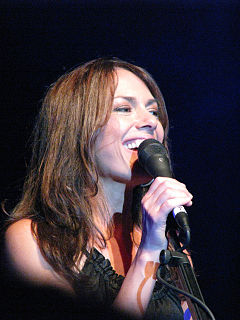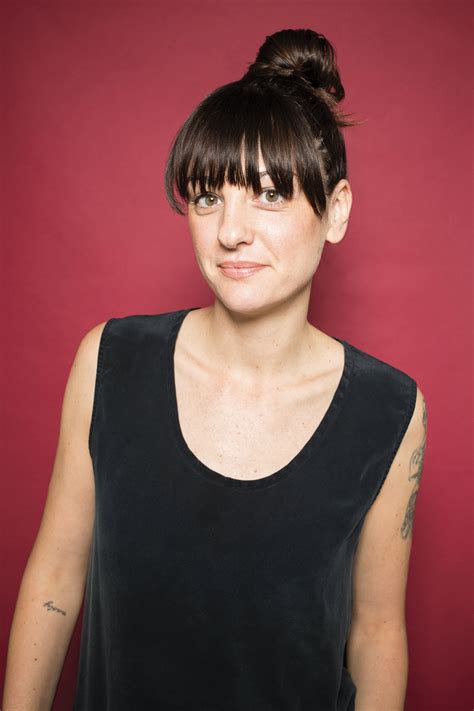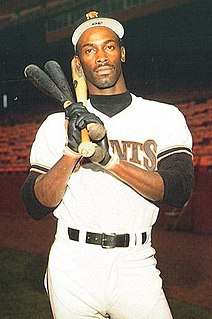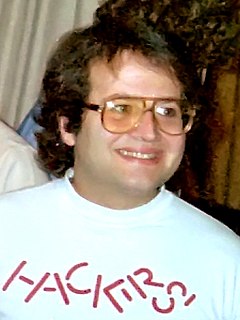A Quote by David Gross
The early 1960s, when I started my graduate studies at UC Berkeley, were a period of experimental supremacy and theoretical impotence.
Related Quotes
There was a golden period that I look back upon with great regret, in which the cheapest of experimental animals were medical students. Graduate students were even better. In the old days, if you offered a graduate student a thiamine-deficient diet, he gladly went on it, for that was the only way he could eat. Science is getting to be more and more difficult.
My filmmaking style of remixing came out of necessity. When I was a film theory student at UC Berkeley in the early 1990s, there were no film production facilities. The only way I learned to tell stories on film was by re-cutting and splicing together celluloid of old movies, early animated films, home films, sound slug - anything I could get my hands on.
I studied music for my first two years in college. When I went to UC Berkeley, I failed the admission requirements to get into the music school there, so I studied communications and public policy, which actually were a greater engine for my career than a musical education would have been. If I had gotten into the music department at Berkeley, I'd probably be a timpanist in an orchestra right now.
I started my career as a liberal arts major from Berkeley, wrote about enterprise IT for a few years, then followed my passion for the digital narrative into graduate school as well (also at Berkeley, the Oxford of the West or, perhaps, the Harvard - sorry Stanford!). My first project out of grad school was 'Wired' magazine.
My sister is a good story of resiliency. She had a full ride at UC Davis, but she left school to go to the Philippines - and then she decided to go back to school in her 40s, which surprised me. She went to UC Berkeley, and I think she was one of two African Americans in her class at Haas. She's really impressive.



































